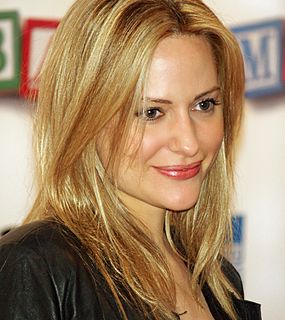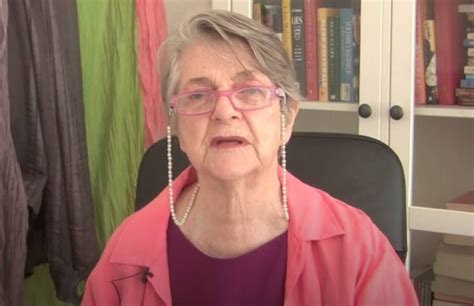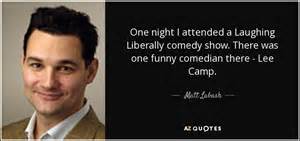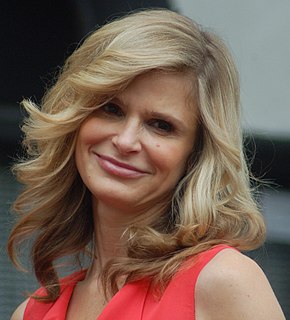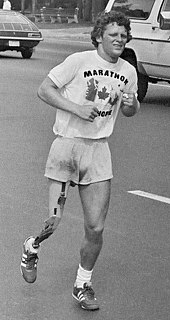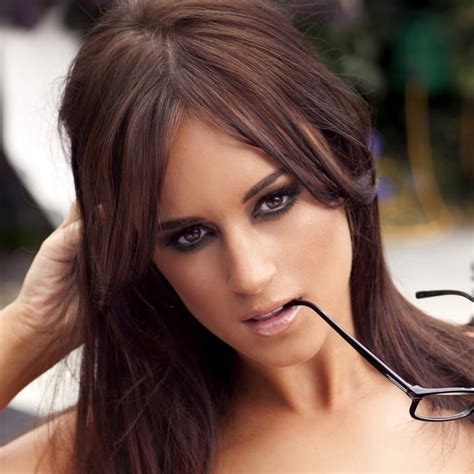A Quote by Aimee Mullins
It's an objective fact that I am a double amputee, but it's very subjective opinion as to whether that makes me disabled.
Related Quotes
There’s an important difference and distinction between the objective medical fact of my being an amputee and the subjective societal opinion of whether or not I’m disabled. Truthfully, the only real and consistent disability I’ve had to confront is the world ever thinking that I could be described by those definitions.
The problem is one of opposition between subjective and objective points of view. There is a tendency to seek an objective account of everything before admitting its reality. But often what appears to a more subjective point of view cannot be accounted for in this way. So either the objective conception of the world is incomplete, or the subjective involves illusions that should be rejected.
We've created this cottage industry in which it pays to be un-objective. It pays to be subjective as much as possible. It's a great way to have your cake and eat it too. Criticize other people for not being objective. Be as subjective as you want. It's a great little racket. I'm glad we found it actually.
The night before my amputation, my former basketball coach brought me a magazine with an article on an amputee who ran in the New York Marathon. It was then I decided to meet this new challenge head on and not only overcome my disability, but conquer it in such a way that I could never look back and say it disabled me.
The knowledge of the individual citizen is of less value than the knowledge of science. The former is the opinion of individuals. It is merely subjective and is excluded from policies. The latter is objective - defined by science and promulgated by expert spokesmen. This objective knowledge is viewed as a commodity which can be refined... and fed into a process, now called decision-making. This new mythology of governance by the manipulation of knowledge-stock inevitably erodes reliance on government by people.
My curiosity, alas, is not the kind that can be satisfied by objective knowledge. Plato said that opinion is worthless and that only knowledge counts, which is a neat formulation. ... But melancholy Danes from the northern mists understand that opinion is all there is. The great questions transcend fact, and discourse is a process of personality. Knowledge cannot respond to knowledge. And wisdom? Is it not opinion refined, opinion killed and resuscitated upward? Maybe Plato would have agreed with this.
